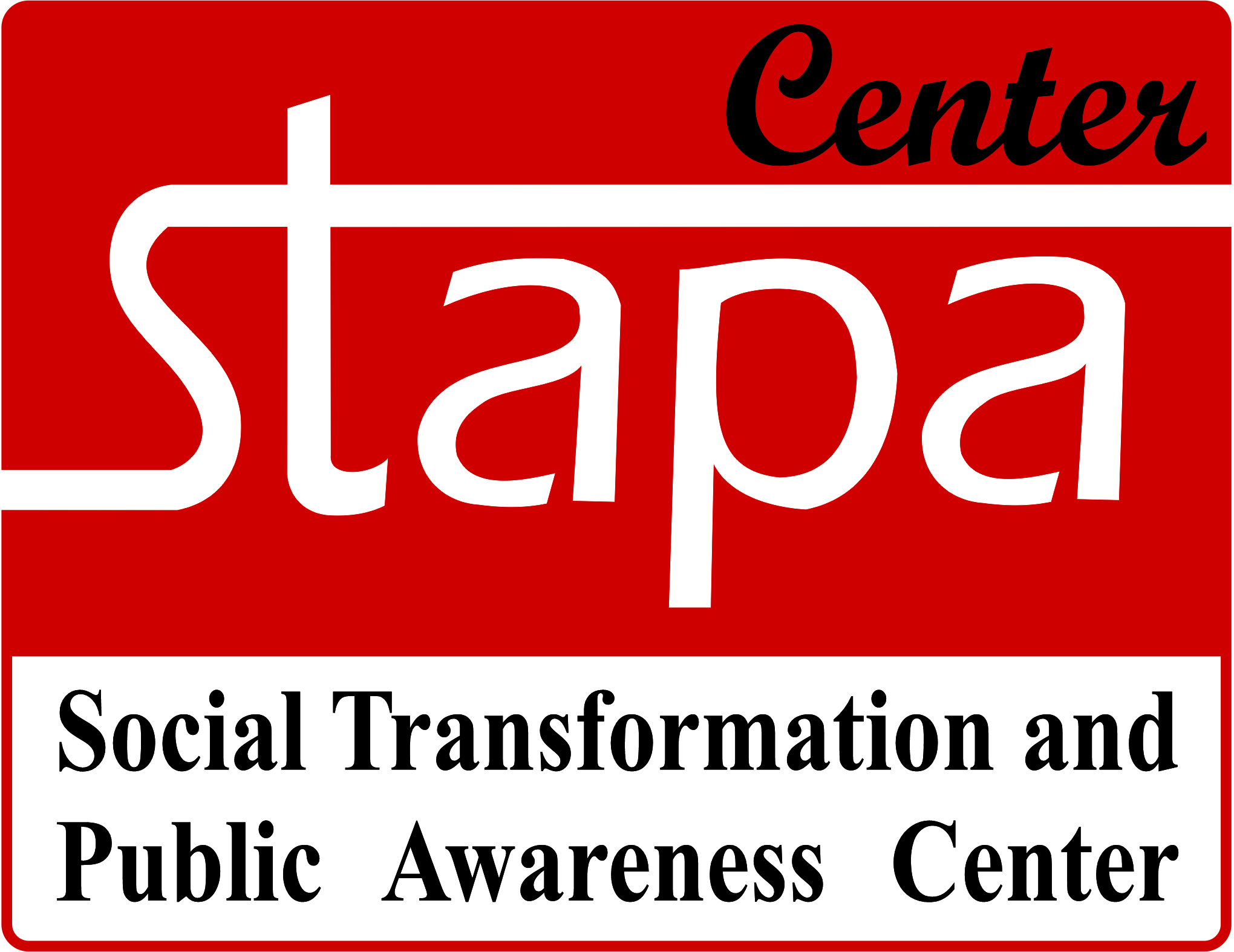“Everyone has the right to a standard of living adequate for the health and well-being of himself and of his family, including food, clothing, housing and medical care and necessary social services, and the right to security in the event of unemployment, sickness, disability, widowhood, old age or other lack of livelihood in circumstances beyond his control.” (UN Declaration of Human Rights, Article 25).
STAPA aims to form a powerful collective voice, to call on governments, NGOs, institutions and businesses to do much more to support the right to health. We want governments to keep their promises! With only seven years left for the MDGs, this is the most important thing we can do.
In this context, STAPA is advocating and monitoring for the health MDGs. Effective advocacy and monitoring are central tools because they can help activate and increase the awareness on MDGs, improve the dialogue among stakeholders, and ultimately change in policies. STAPA asks local and national governments, individually and collectively, to prioritise health by: ensuring that full financing is available to support health, ensuring the rights of women to health and healthcare are central to all plans and strategies. STAPA monitors governments’ actions and policies for how they affect health. STAPA also influences decision-makers to improve their practice.
STAPA wants to see governments, the private sector and institutions fulfil their promises on reducing rates of infant and maternal mortality (MDGs 4 and 5) and slowing down the spread of transmissible diseases, such as HIV and AIDS, TB and malaria.
The lack of basic sanitation (wastewater collection and treatment), and the resultant water contamination fecal coliforms, is the main cause of infant mortality by diarrhea and parasitic diseases. Our challenge is to sensitize civil society and governments on the importance of basic sanitation for health, environment and employment generation. STAPA’s proposition is to create a local and national movement that engages different social sectors aiming to raise knowledge of the population on basic sanitation importance, as well as demand governments to assure adequate and permanent resources.
STAPA also gets involved with the Health Action AIDS Campaign. AIDS is the most devastating disease the modern world has ever faced. The extent of human suffering already caused by the global AIDS pandemic defies understanding. Moreover, widespread discrimination against children, men who have sex with men, sex workers and their clients, injection drug users, persons confined to institutions and prisons, refugees, and internally displaced persons also fuels the disease. Like other public health and human rights crises, the HIV/AIDS pandemic cannot be reversed by medical science alone. The pandemic will not be controlled without political will and moral courage. Help is needed to fight for the right to health in all its dimensions, including public health policies that both promote prevention of HIV/AIDS and assure treatment to those already infected.
In addition, STAPA aspires to tap out consciousness amongst students and youths through increased understanding and participation on reproductive health issues by initiating, facilitating and coordinating in areas of information dissemination, networking, advocacy and resource mobilisation.
Finally, STAPA is dedicated to allocating time, energy and resources toward Health Equity Campaign that encompasses the issues of wellness, safety, opportunity, and environment which make up a healthy society. Justice and equity are paramount to assuring that race, religion, income, gender, sexual preference or nationality are not factors limiting access to quality care.
